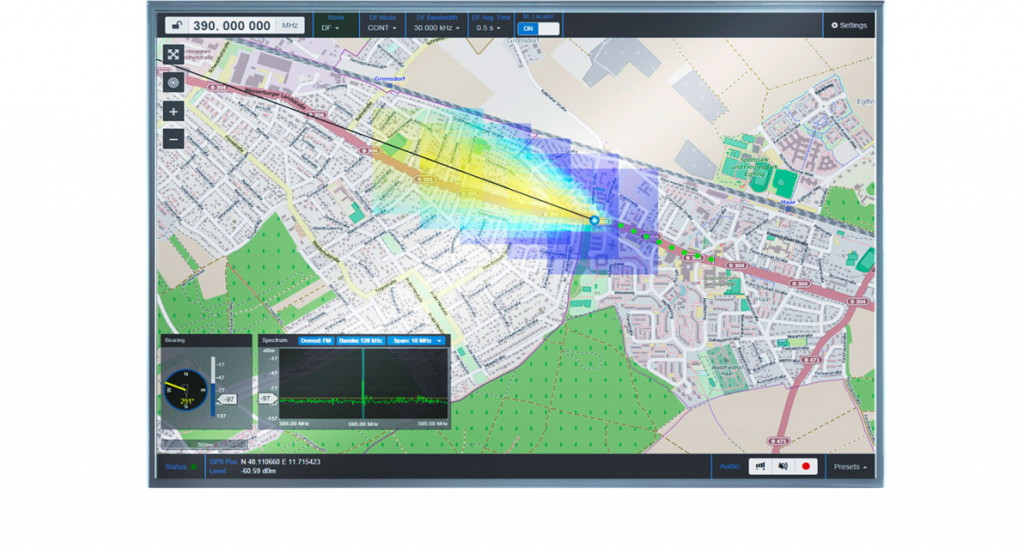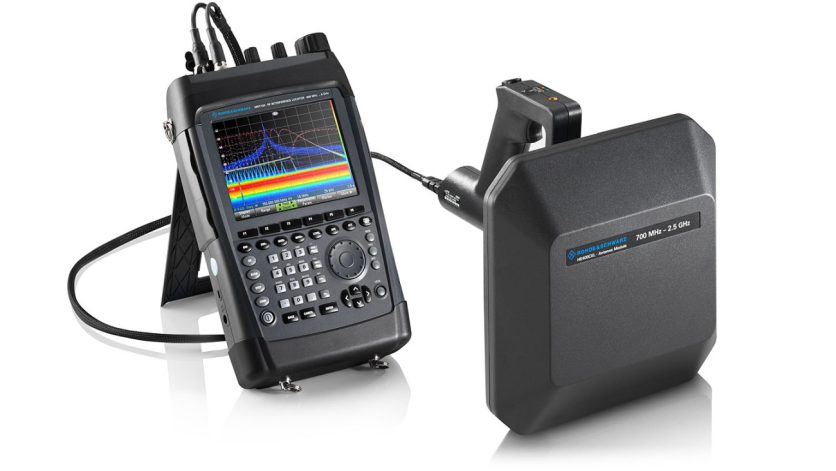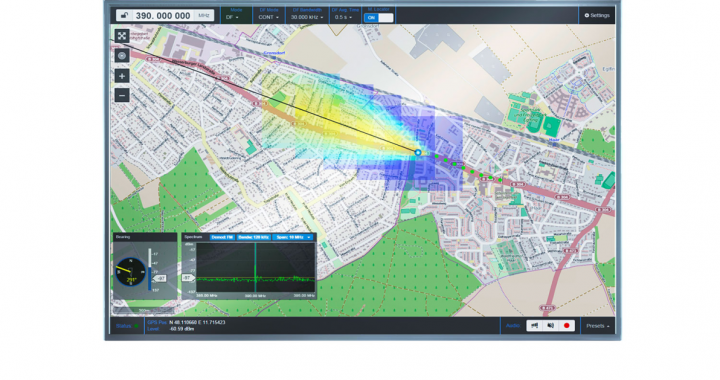Despite the cold evening (indeed earlier in the day we’d had thunderstorms and hail in some areas), but with the advent of Daylight Saving beginning all the moths came out of the woodwork. Oh sorry I meant “hams” got out of their shacks.Before the meeting started, early birds got to pick over the recycling/junk table, where last night, a large bunch of old valve radios and parts had been placed. The best stuff went quickly but a good range remained with some chassis suitable for easy repair, plus a range of other parts and two boxes of valves, some nearly new. If any more folks had turned up, we’d have had to seat them in the kitchen and run a video-link in there for them ! I lost count somewhere North of the forty mark.
It was announced that a 23cm repeater will be up and running before too long as the way is now clear for a licence application to proceed.
After the formalities were dealt with, We were treated to a talk and powerpoint slides led by our local Radio Spectrum Management investigation team of Paul Rewiri, ably assisted from time to time by Grant Wheaton.
Paul explained how, as they operated with limited resources, calls were prioritised. If Emergency Services are compromised, RSM will be on the job within 3 hours or less. Commercial complainants can expect to wait up to 5 days and domestic calls may have to wait for up to 20 days. Higher priority is given if there are multiple complainants in one localised area. It was impressed upon us more than once how Radio Amateurs can do some of the preliminary detective work in tracing the location of interference (but NOT accosting people ! RSM staff will cover the COMPLIANCE aspect).
We were shown photos of a power-pole which had been giving one Amateur some QRN/QRM grief. Later technicians replaced the faulty insulator and carried out other repairs. For this reason, it is helpful to note down the power-pole’s unique ID number as well as the street it’s located in.
We were then played a short video from Youtube showing use of the new-fangled Rohde and Schwarz mobile signal locator. The video was apparently filmed in Florida, USA, going by the huge palm trees in the background. The beginning and end few minutes of the video had it seems been made using a Megaphone with 122 dB gain for the audio recording, whereas for the majority of the video, the audio track had apparently been recorded using a carrot. We got to follow along in the back seat of a “detector car” fitted with the unit mounted on the roof, chasing a “villain” who was creating interference a mile or two away. A display screen showed the likely location of the interfering transmission. The audio commentary told how the system made hundreds of calculations every minute, and how that just a single vehicle, driving on a couple of different roads, can effectively triangulate and locate the source of the interfering transmission.


The machines aren’t cheap to buy, “about half a house” was what someone said. Roof mounted Wireless weather stations imported cheaply from China and garage door openers have been tracked using Christchurch’s device already.
Questions from the floor about whether since the advent of Digital TV complaints had reduced, and indeed they have. What was previously between 450 to 500 complaints per year NZ wide is now down to less than 80, (as Digital TV is less prone to interference).
However shop display signs and screens seem to be an increasing problem with far more graphic displays being installed. One guy reckons that some put out enough noise to open the squelch circuit on his VHF 2-way as he drives past.
Questions also about whether the remote control units for concrete trucks and other similar equipment were giving interference problems. At the moment not, so all ok on that front it seems.
When asked about any problems from CB Radio, Grant said it was “as quiet as a mouse. Gone are the 27 Meg days”. However RSM does keep an eye out on the low powered UHF area.
One of RSM’s biggest chores nowadays was conducting compliance audits on any manner of things offered for sale through TradeMe and Facebook Marketplace. Power supplies being one of the biggest concerns. TradeMe had systems in place to support RSM’s inquiries whereas Facebook was little better than the Wild West. According to Paul “People selling stuff on Facebook, that’s really difficult to get a hold of people and get names”.
Concerns for the future included the upcoming America’s Cup and APEC in Auckland. Whether it be drones or GPS jammers, RSM would be making all possible attempts to ensure that everyone was obeying the rules and equipment used was in compliance with NZ’s standards.
Thanks again to Paul Rewiri and Grant Wheaton for their presentation on the work of our local RSM.
Author Catherine ZL3CATH


